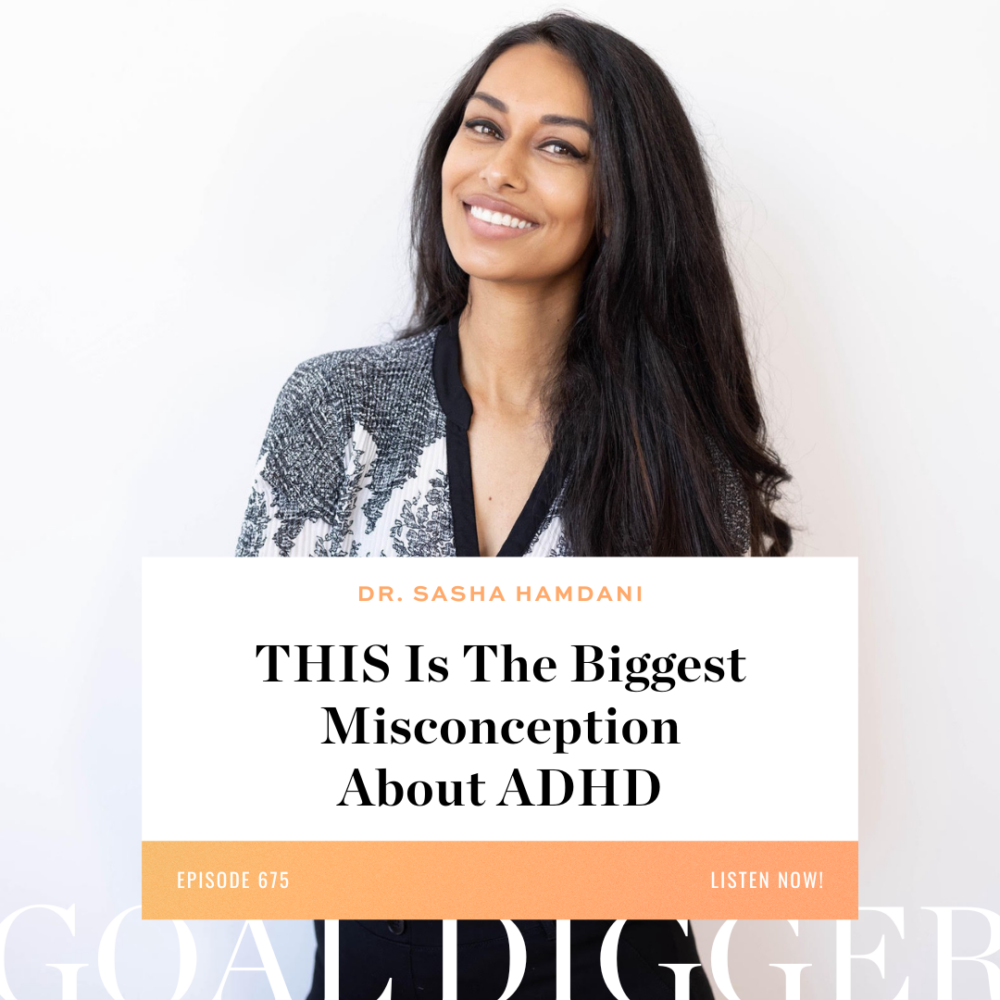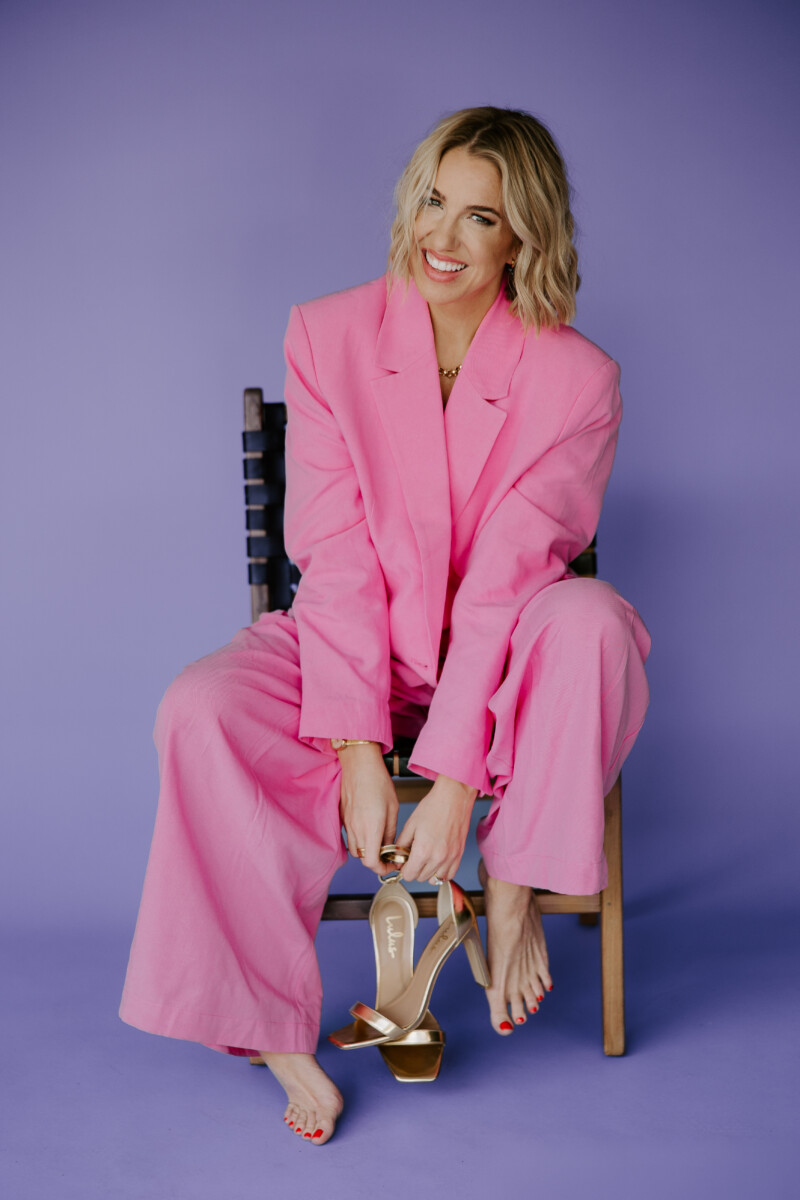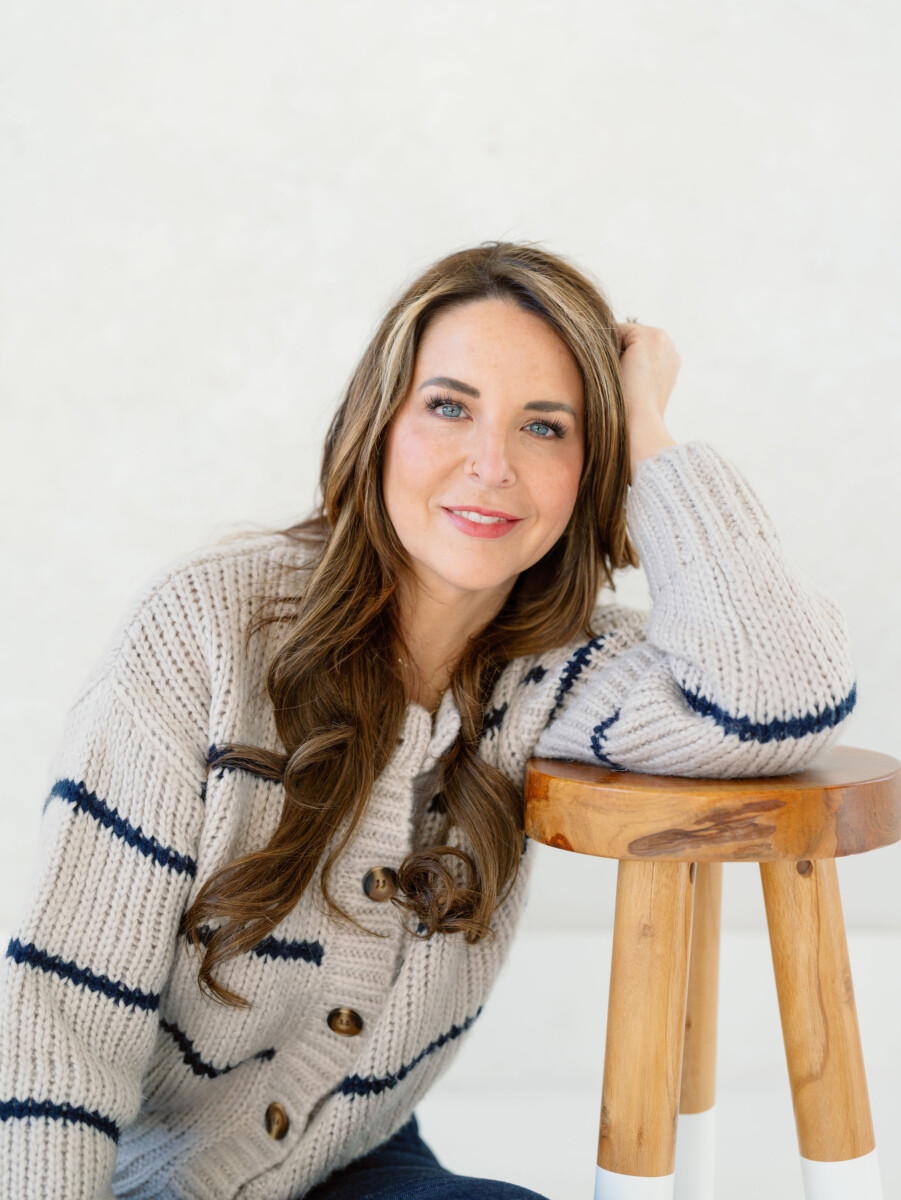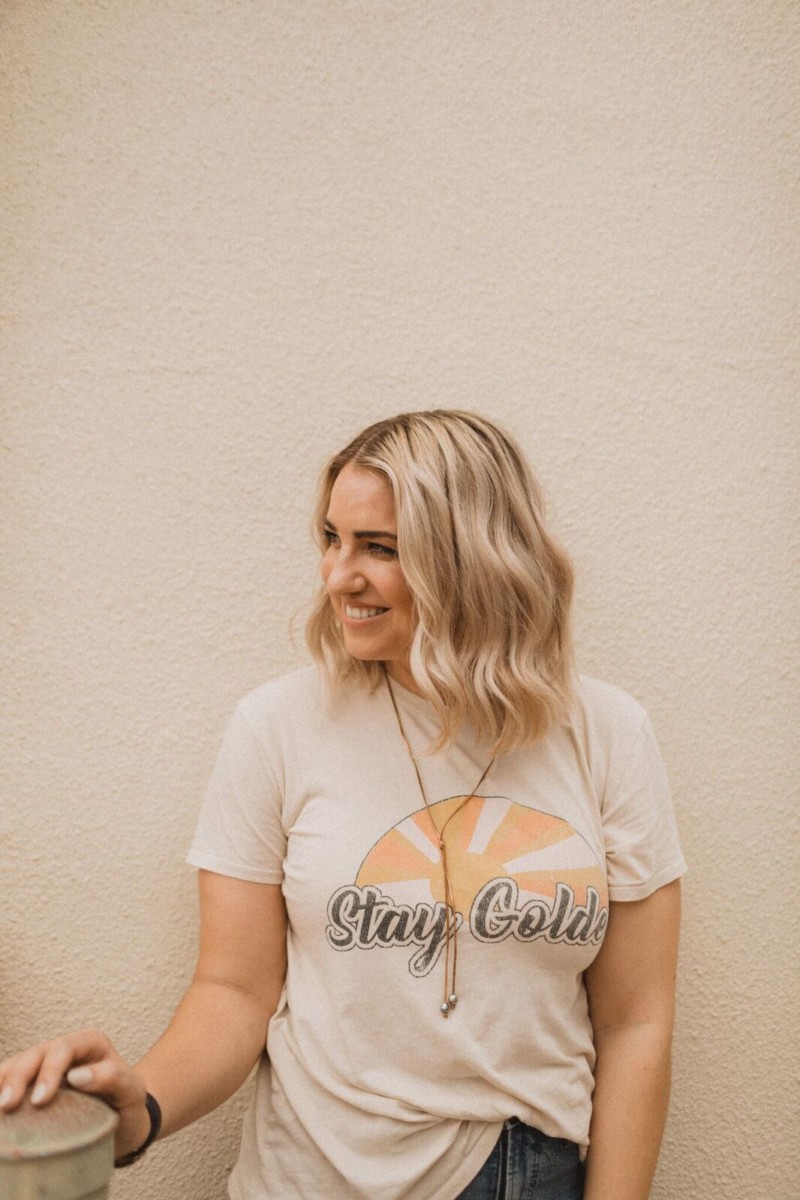
Apple Podcasts | Spotify | Stitcher | YouTube
Goal Diggers, you know how much I love to nerd out on all things mental health, self care, boundaries… all the things. If this kind of stuff is your jam too, you’re going to LOVE today’s guest!
Dr. Sasha Hamdani is a board-certified psychiatrist and ADHD clinical specialist. I first started following her about a year ago on Instagram (@thepsychdoctormd) when I was diagnosed with ADHD and wanted to learn more about it.
Her social media is SO educational; she effortlessly breaks down stigmas and provides accessible information about mental health. I mean, Dr. Hamdani was selected to participate in the Healthcare Leaders in Social Media roundtable at the White House recently, so that should tell you a lot about how amazing she is!
Then, in January of this year, Dr. Hamdani published her first book, Self-Care for People with ADHD: 100+ Ways to Recharge, De-Stress, and Prioritize You! and I ate.it.up. It is FULL of actionable tips and, along with her company FocusGenie, which is an app coming soon for focus, productivity, and ADHD education.
Dr. Hamdani has seriously changed my life for the better when it comes to understanding my diagnosis and I am SO excited to have her on the show today to discuss mental health and self care, so let’s dive in with some of my biggest takeaways!
ADHD is Often Misdiagnosed
ADHD is a disorder that’s often misdiagnosed, particularly in women. This is due to a variety of factors, including the fact that women tend to present differently than men. Women are more likely to be daydreamers and inattentive, and therefore do not cause any problems in school. As a result, they are often passed from grade to grade without any diagnosis or intervention.
Another factor is that symptoms of ADHD often don’t worsen until puberty or until there is some hormonal variation. This can be further compounded by the fact that providers may assume that the symptoms are due to hormones or the stress of motherhood.
Finally, ADHD is often overlooked due to a lack of awareness and understanding. For many generations, it was simply not talked about or even acknowledged as a legitimate condition. Even today, many medical professionals may not be properly educated on the signs and symptoms of ADHD. As a result, it is often misdiagnosed or passed off as something else.
The truth is, ADHD is a real condition that affects many people, and it is often misunderstood and misdiagnosed. It is essential for medical professionals to remain humble and open to learning more about the brain and how to properly diagnose and treat ADHD. Only then can we truly help those who are struggling with this condition!
How to Manage Your ADHD Symptoms
If you or someone you love is diagnosed with ADHD, Dr. hHamdani has plenty of effective ways to help you manage your symptoms.
She recommends using FocusGenie to stay organized, manage your time, and focus on tasks. She also recommends learning how to reduce impulsivity and hyperactivity, and use medication if your doctor recommends it.
These things can help you create a plan for success. The best plans involve setting goals and breaking them down into small, achievable steps. They also involve creating a routine to help you stay on task, but be patient with yourself if you find it difficult to stick with it. Simply work on creating an environment that is free from distractions and to use strategies to help stay organized!
Communicate With Your Family
For those struggling with ADHD, leaning into your support system and communicating effectively with your family is a key part of allowing them to help you.
Personally, when I first received my diagnosis I had a long talk with my husband Drew about how I have difficulty concentrating, staying on task, and completing tasks. As a result, he’s very mindful of how he communicates with me, and helps me complete small tasks that I have trouble doing.
Dr. Hamdani brought levity to our conversation when she suggested that she couldn’t be with another neurodivergent person; in her and her husband’s case, opposites certainly do attract!
Learn More About Neurodivergence With Dr. Hamdani
You can connect with Dr. Hamdani on her Instagram, website, and check out FocusGenie (coming soon!) to learn more about neurodivergence. I bet you’ll love her as much as I do!




